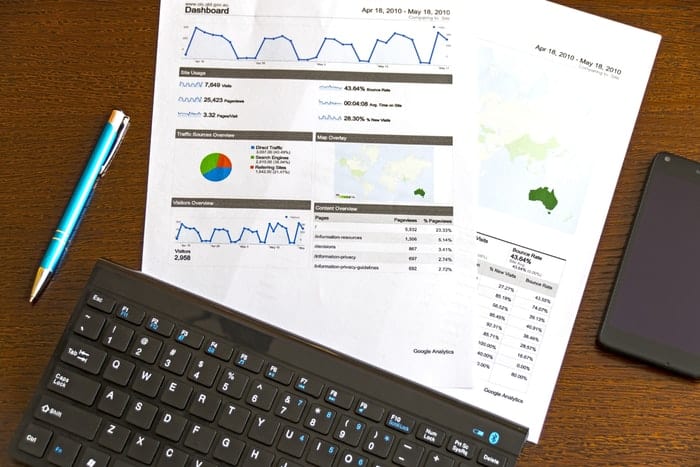Last Updated on May 23, 2020 by Ellen
So, what is ad hoc reporting for your business and why is it important? As a business owner, every decision you make impacts your bottom line. As a small business owner, every decision you make impacts the amount of time you spend in a day. So, how do we analyze what we’re doing so that we make the most effective decisions possible? This post has been sponsored.
Posts may be sponsored. This post contains affiliate links, which means I will make a commission at no extra cost to you should you click through and make a purchase. As an Amazon Associate I earn from qualifying purchases.

Ad Hoc Reporting for your Business
Ad hoc reporting is a process designed to answer a single, specific question. The result of this process is typically a statistical report or summary of data. This process allows you to review large amounts of data more easily without tying up valuable IT resources, or in the case of a small business owner, your own time.
Besides the time savings, one of the biggest benefits of ad hoc reporting for your business is that you have the information available to you as you need it. Ad hoc in Latin means as the occasion requires. You don’t need to find someone to gather the information for you and wait for the results. The data is there right when you need it most. With ad hoc reporting, the reports are created from actual business end users, not IT departments.
With ad hoc reporting, you can make the reports as simple or as complex as you need them. You’re in charge. They can be as simple as a one-page table or bar graph. Or, they can be much more in-depth as the situation requires.
I can really see how valuable this type of self-service reporting can be for people in direct sales who are managing a downline. Each direct sales rep can set up their own report and have access to everything that they need to be successful. They can get immediate answers to questions about their sales goals, orders taken, upcoming parties, etc. This type of autonomy can be inspiring and can free up their time for other important tasks. Plus, it can free up your time from having to gather this information for them.
This immediate access can also save on training time. You don’t need to explain to them how to gather this information and analyze their progress. Instead, the data is available in the type of report they need as they need it. They can adjust their techniques much quicker when they have access to real-time data.
What are your thoughts? Do you use ad-hoc reporting for your small business?

Ellen is a serial entrepreneur who owns 9 profitable blogs, two printable stores, an online vintage jewelry business, and a variety of other work at home endeavors. She shares tips for working at home successfully.
Interesting article. I don’t have a small business but my fiance’ does!
It’s an interesting topic for sure.
Well I learned a thing or two with this article. I’ve been watching some business topic talks on Creative Live and they gloss over so many things that I don’t always get the meaning (despite having an older business degree!) I always like to brush up on terms and topics but also never know when I may need the knowledge in the future.
There really is so much to learn!
Ad Hoc reporting certainly would be a time-saver!
I agree, John!